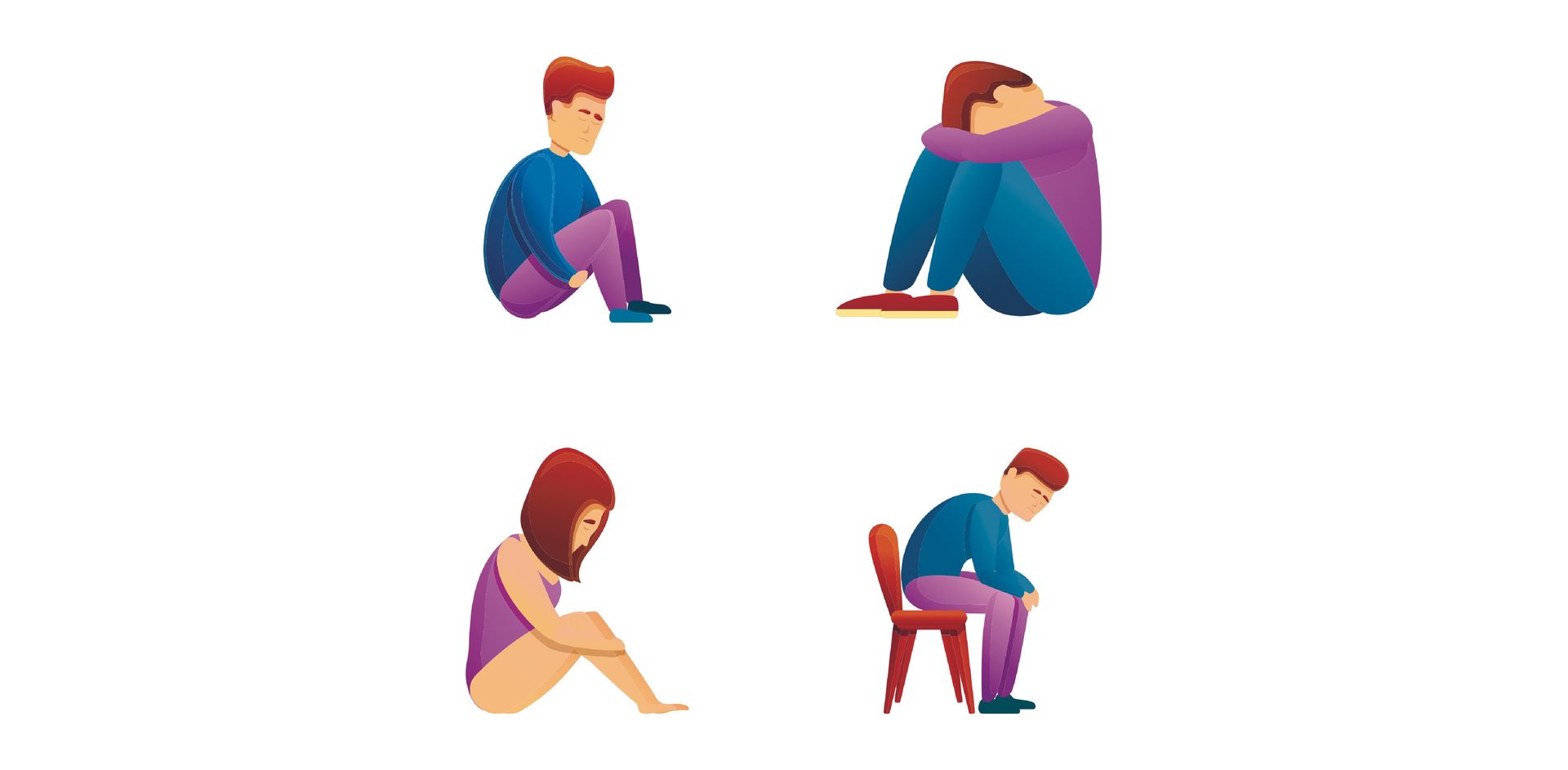And suddenly they were out of the house - The empty nest - When the children move out
From birth onwards, everything in most families is organised around the children. Taking them to nursery, later to school, cooking dinner, putting them to bed, reading bedtime stories, giving advice and support. Everything that is done is either for the children or because of the children. Sometimes the time seems far too short to juggle everything.
But at some point, the day comes when the offspring move out. And suddenly there is much less to do. Laundry is reduced to a fraction of what it used to be. Food is only cooked for two, no one wants to be driven anywhere anymore. Suddenly everything is quiet.
Of course, every parent is aware that the children will move out sooner or later, but when the removal van arrives at the door one day, it hits most parents like a blow to the pit of the stomach. Where the heart says stay, the mind says go out into the world! Letting go of the child is often difficult for parents, especially mothers. Emotions such as sadness and abandonment become widespread. In psychology, this is called the "empty nest syndrome". It takes some time for everyday life to settle down without children. Sometimes it helps if parents realise that letting go of the children was a process that began years before they moved out.
Fathers are often more composed and can cope better with the new situation. They often seek distraction in their jobs and try to talk as little as possible about the new situation. The situation is often different for mothers. They are able to talk calmly about the changes - and, unlike the fathers, they are able to communicate with others (mothers). Nevertheless, a certain emptiness sets in individually, because a major purpose in life is gone. And every now and then one wishes for the breakfast plate back that is still on the table at lunchtime, the loud music with the questionable lyrics that booms from the children's room, or the wet towel that lies somewhere on the floor after the shower instead of hanging on the hook.
Because parents are focused on their children for a long period of time, their own needs and interests are increasingly put on the back burner. Parent time together? Increasingly falling to the back burner. And when they did, they talked about the children. What is going on at school? How is the child doing in sports or other hobbies? When was the next tournament or performance again?
Even if parents find it difficult to deal with the children leaving home, it is a chance to consciously come together again as a couple. For example, to plan more joint activities, to resume neglected hobbies or to travel as a couple.
It is important to redefine the upcoming phase of life and fill it with meaning. Of course, parents are allowed to grieve at first. But after a certain time, there is also pride in what you have achieved as parents. Namely, preparing the children for life. And to have given them wings, as it is written as a wish on many “hello-baby” cards.
After the children have moved out, however, quite a few couples also think about separation. They realise that the common themes have run out and they no longer have much to say to each other apart from "children's issues". In this case, couples counselling can help to redefine goals instead of directly heading for a separation. And if a break-up is inevitable, separation counseling helps both partners to have discussed the reasons for a separation together.
I would be happy to support you in overcoming individual and family challenges. Please feel free to write me a message (link).
Radio interview on the topic of 'Empty Nest Syndrome'










